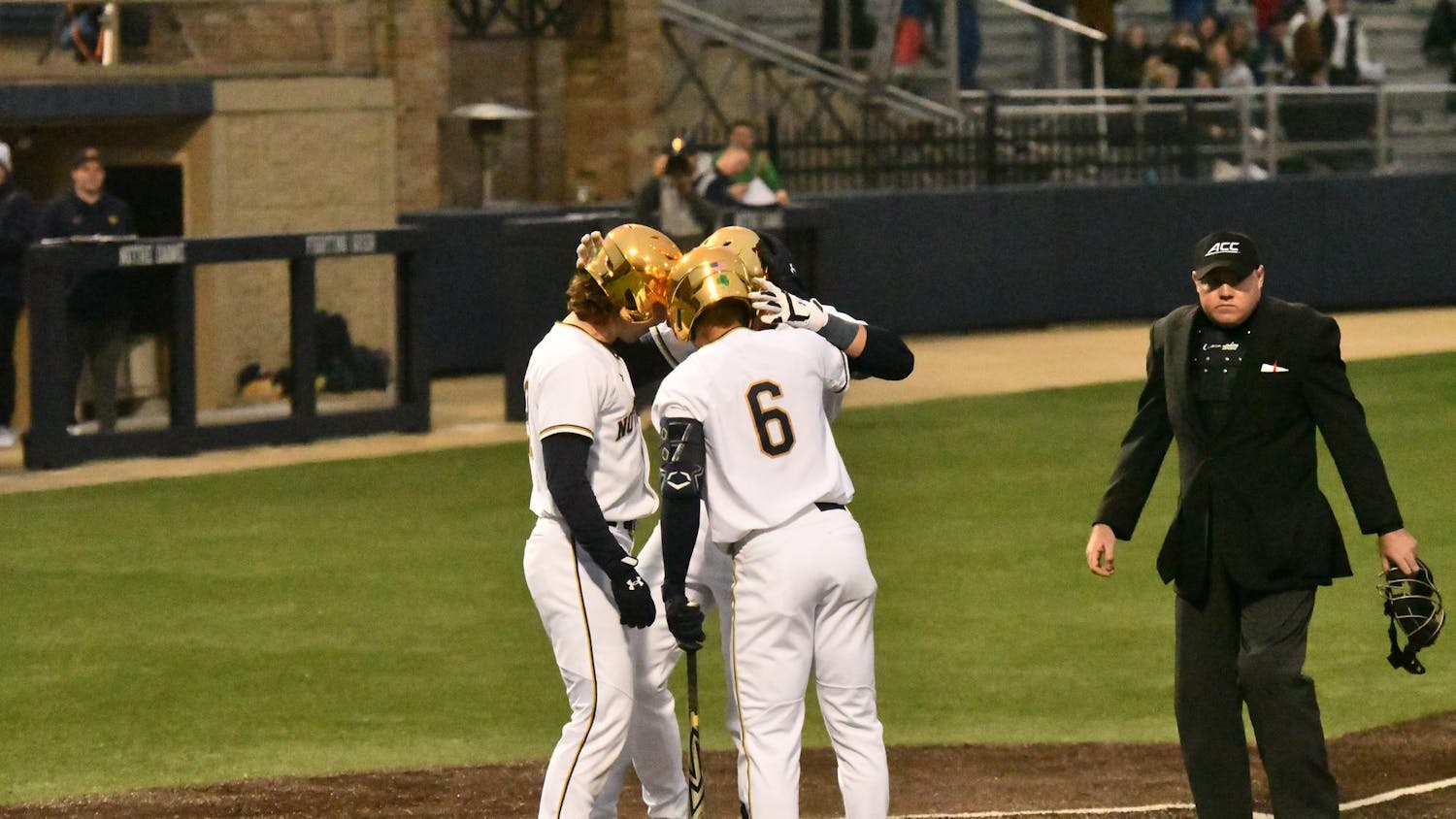With the beginning of the MLB World Series, featuring the Los Angeles Dodgers and the Tampa Bay Rays, an excellent series to conclude what has been an exciting MLB postseason. FiveThirtyEight gives the Dodgers a 70% chance to beat the Rays and projects the series as most likely going six games. However, I’m not here to break down the series, (for that, go read the great work done by Andrew McGuinness and his column Previewing the 2020 World Series) instead, I’m here to look at the 2020 MLB regular season itself.
To begin, Major League Baseball might actually benefit from a shorter season, a season similar to the model used this year — 60 games. Traditionally, MLB plays out a 162-game schedule, which is easily the longest in American sports. It is a little over 10 times the length of an NFL schedule — which plays 16 games — and double both the NHL and NBA schedule— which play 82 games apiece. The MLB wasn’t intending to trot out this new 60-game model, the plan was to as always play 162 games.
That plan got changed, like everything, by COVID-19. After a COVID shutdown and tense negotiations between players and owners, the 60-game season was played out in an effort to salvage the 2020 season. At first, the season looked shaky — both the Miami Marlins and St. Louis Cardinals had massive COVID outbreaks, causing a number of games for multiple teams to be postponed. However, MLB plowed through it, rescheduled games and made it through. This season has been viewed as a relative success — nowhere near as good as the NBA or NHL — but it was a successful placeholder for a truly unique year. However, I think the MLB should look really hard at changing to a shorter season every year. Here’s why:
Games are more meaningful
In the standard MLB season, a team will play will 162 games. This means one game can be valued at 0.00617% of a season, which is a small fraction of a season. This can tend to lead to an attitude of it being okay if you lose a game, games don’t matter. Winning or losing one game will tend not to make or break a season in MLB, and so it’s not compelling to watch or to see in person. There are so many games that it is relatively easy to miss a couple and it doesn’t matter. The NFL, on the other hand, plays a 16-game season, and each game makes up about .0625% of a season, or in other words a fairly significant chunk of a season. Each game becomes much more meaningful when you only play 16, a loss or a win can really make a big difference in your season. It is also must-watch television. A fan of an NFL isn’t just going to casually skip a game; it means too much to their season. Now I’m not saying MLB needs to play a 16-game season — that’s going too far and making the season too short. What I am saying is that MLB needs to cut its season in half, it should play 82 games much like the NHL and NBA. Doing so would make games twice as valuable — both teams and fans can’t really blow off games.
Better home attendance
In a typical year, every single MLB team will play 81 regular-season games at home. That is a huge amount of games. That’s both an NHL and NBA season, just at home. On the road it’s another 81 games. Both the NHL and NBA have only 41 games at home. According to ESPN, the NBA averages about 17,800 people per game, which is around 95% capacity. MLB, on the other hand, has the capacity for 43,000 fans in the average stadium but has an average attendance of 28,000 which is roughly 65% of capacity. To me, there is a correlation between attendance and the number of games. The more games overall, the less your attendance per game will be. I think the main reason this exists, like I said earlier, is because there are too many games. However, you shorten the season and cut the games in half, I think you would see a jump in attendance per game, more people coming to each game because there are fewer games. Fewer games make each individual game more valuable.
It can change the calendar
If baseball were to cut its season in half, one of two things could happen. It would spread out when games are played, allowing for more rest, and more time to travel in between games. What I think would happen would be that the calendar length of the season would shorten along with the number of games. This can be valuable because the MLB season often overlaps with other sports. The 2018 MLB season started Mar. 29 and ended Oct. 30, meaning that the season lasted 215 days — or just about 7 months. That also means that it was overlapped by the NBA playoffs, which took place from May 30 to June 13. It also means that it was overlapped by the NFL regular season, which began on Sept. 5. But if you were to shrink the MLB season, and shrink the time frame of when games are played, you could schedule it so that it experienced less overlap with the other professional leagues. This could seriously help with baseball’s declining viewership, which is best demonstrated by World Series viewership. In 1973 almost 35 million people watched the World Series, but by 2019 that number had declined to just under 14 million people. I think this is largely due to its overlap with the NFL season. The NFL has an average regular-season game viewership of 16.5 million people. But, if MLB changed up when it plays the World Series — to sometime before September — it wouldn’t overlap with NFL games, and I think it could see a drastic increase in the number of people viewing.
Here’s how it could work:
The 2020 MLB season will be 97 days long. It started July 23 and will end Oct. 28. Now if you assume that you need to add 20 days to the season to make it an 82-game season instead of 60 games, it would be a 117-day season, so I’ll round it to 120 days. To minimize being overshadowed by other leagues, the World Series needs to be finished before September — to avoid the NFL season. To play a 120-day season that ends before Sept. 1, the MLB season would need to start on May 4. While this does create some conflict with the NBA, which wouldn’t finish until June 13, this lets MLB dominate the summer and still wrap up its season without the NFL overlapping. This should increase viewership numbers — for the World Series, at least — something MLB desperately needs.
Dear Major League Baseball, shorten your season!













